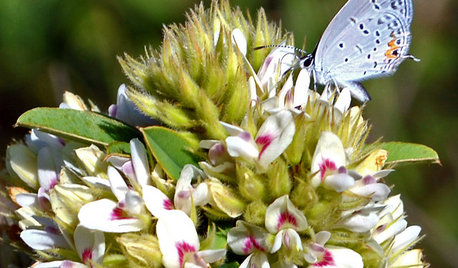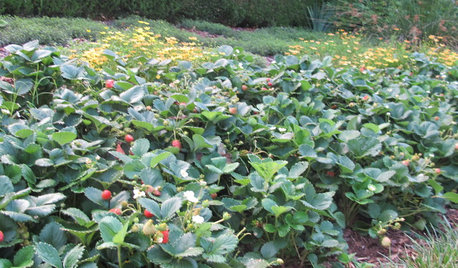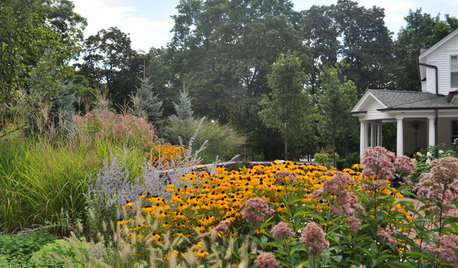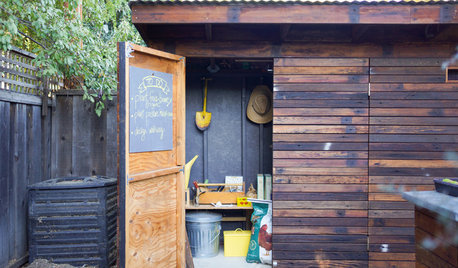The best organic fertilizer?
kurite
14 years ago
Featured Answer
Sort by:Oldest
Comments (13)
justaguy2
14 years agolast modified: 9 years agoKimmsr
14 years agolast modified: 9 years agoRelated Professionals
Essex Landscape Architects & Landscape Designers · Amesbury Landscape Contractors · Duarte Landscape Contractors · Forest Hills Landscape Contractors · Fort Worth Landscape Contractors · Gallatin Landscape Contractors · Little Ferry Landscape Contractors · Tuscaloosa Landscape Contractors · West Coon Rapids Landscape Contractors · Westford Landscape Contractors · Wheat Ridge Landscape Contractors · Brookhaven Outdoor Lighting & Audio Visual Systems · Greeley Decks, Patios & Outdoor Enclosures · Jackson Decks, Patios & Outdoor Enclosures · St. Louis Decks, Patios & Outdoor Enclosuresdchall_san_antonio
14 years agolast modified: 9 years agoshadyapex
14 years agolast modified: 9 years agoLloyd
14 years agolast modified: 9 years agosirilucky
14 years agolast modified: 9 years agogardengal48 (PNW Z8/9)
14 years agolast modified: 9 years agoRooiakker
10 years agolast modified: 9 years agojosefine16
7 years agotapla (mid-Michigan, USDA z5b-6a)
7 years agojerry111165
7 years agojolj
7 years ago
Related Stories

GARDENING GUIDESGet on a Composting Kick (Hello, Free Fertilizer!)
Quit shelling out for pricey substitutes that aren’t even as good. Here’s how to give your soil the best while lightening your trash load
Full Story
GARDENING GUIDESHow to Switch to an Organic Landscape Plan
Ditch the chemicals for a naturally beautiful lawn and garden, using living fertilizers and other nontoxic treatments
Full Story
GARDENING GUIDES5 Prairie Wildflowers That Can Heal Your Soil
Get free, organic soil fertilizer with nitrogen-pumping plants that draw pollinators too
Full Story
GARDENING GUIDESHow to Keep Your Citrus Trees Well Fed and Healthy
Ripe for some citrus fertilizer know-how? This mini guide will help your lemon, orange and grapefruit trees flourish
Full Story
GARDENING GUIDESCommon Myths That May Be Hurting Your Garden
Discover the truth about fertilizer, soil, staking and more to keep your plants healthy and happy
Full Story
REGIONAL GARDEN GUIDESSoutheast Gardener's September Checklist
Fertilize strawberries, plant a tree or two and beckon hummingbirds to your Southern garden this month
Full Story
GARDENING GUIDESPacific Northwest Gardener: What to Do in September
Put in cool-weather veggies, fertilize your lawn and tidy the garden this month before chilly weather arrives
Full Story
MORE ROOMS6 Garage Organizing Tips That Really Work
National Clean Out the Garage Day: Here's how to clear the clutter and organize what's left
Full Story
OUTBUILDINGSGet It Done: Overhaul and Organize Your Garden Shed
Consider these tips for outdoor storage space that’s accessible and attractive
Full Story
DECORATING GUIDESGet Organized: A Place for Your Pets' Stuff
Live in style with your cat or dog thanks to special places for their food, bed and toys
Full Story







tapla (mid-Michigan, USDA z5b-6a)